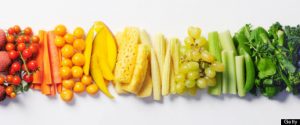
As food being one of the most critical things to keep our gears shifting throughout our busy days, sometimes we forget a major question. What are we eating? Of course, we have a general idea, since it is usually labeled on the product, such as a hamburger, pepperoni pizza, or caesar salad. Simple enough. Yet, maybe not, if we start looking further into our food, where it came from, what was added to it, how it was produced, raised, and what is on it? Once those questions are answered, you may be hesitant or utterly disgusted to take the next bite.
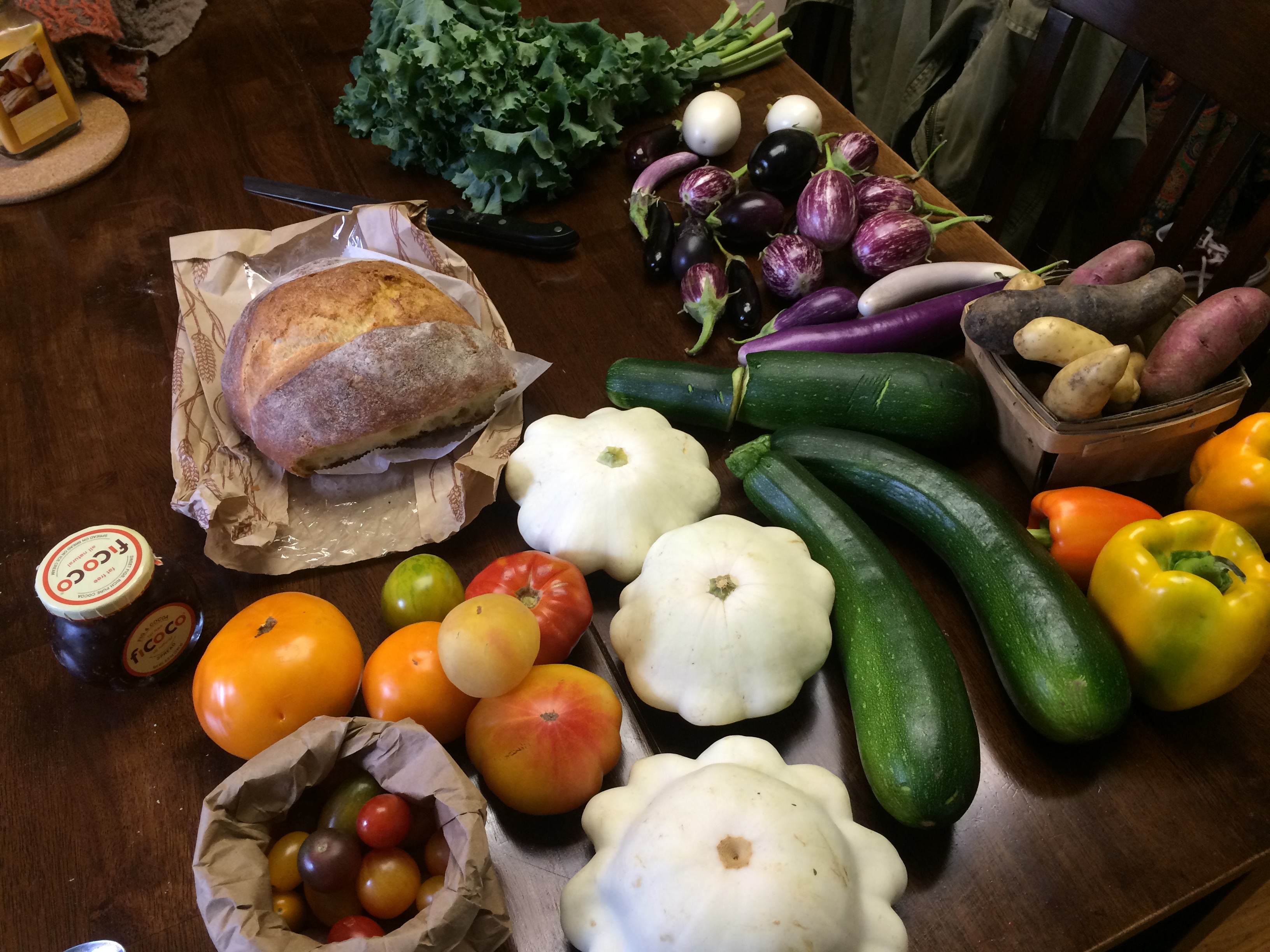
So, let’s look at dairy, a huge component in the average person’s daily diet.
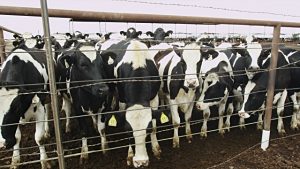
The majority of dairy farms are crowded with cows fighting space in small, unclean pastures, eating contaminated grass, or standing on infested concrete slabs. These cows are prompted to produce an unnatural amount of milk (as in, forcing them to produce milk in their negative periods where they would naturally not) by injecting them with hormones, antibiotics, and, in some cases pain–killers. Corporations seem to think this is not a problem, more bang for your buck – or whatever. However, these injections are not just staying with the cow, they’re making their way into your glass of milk.
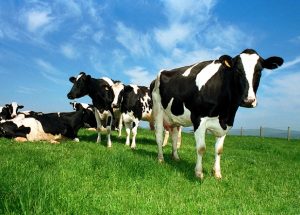
Studies show that just one glass of milk can contain as many as 20 injections, including anti-inflammatories, antibiotics, hormones, sex hormones, anti-fungal drugs, steroid hormones, pain killers and others. EW! Not really what you had in mind when you went to pour that fresh glass of milk, right? These additives don’t bode well in the human body, they’re unnatural, unnecessary and unwanted. Adding excess hormones, sex hormones, and steroid hormones to your body can alter you physiologically. Other additives as well can have medical effects, such as tumors, cancers, and other illnesses long-term.
These additives are unnecessary, harmful, and quite disgusting really!
There is a solution however, organic milk. Or avoid dairy milk completely and go dairy free, with great alternatives, such as soy, rice, or nut milks.
But, if you stick with dairy, organic milk comes from cows that are healthily and naturally raised, they are given pasture to graze, and do not receive injections of harmful additives. So it’s a win-win for you and the cows!
But, let’s switch gears slightly and look at produce…
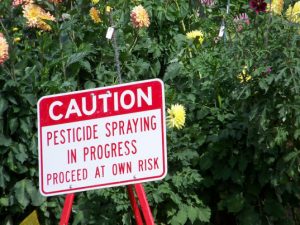
Even our produce is susceptible to unnatural chemicals and additives. Pesticides are incredibly toxic to life, while their sole purpose is to kill and restrain living things, is it not common sense that they can harm humans too?… And they’re all over our fruits, vegetables, and nuts.
On average, two billion pounds of pesticides are used in the United States each year – TWO BILLION POUNDS! Contact with even a minuscule fraction of that amount can cause long-term health effects.
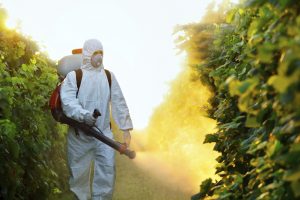
Pesticides are responsible for many illnesses, workers and consumers alike are susceptible to these illnesses. Luckily, there are preventative, healthier, and safer alternatives:
- Washing produce thoroughly with hot water (wash your organic produce too)
- Choosing organic (not always 100% pesticide-free, but closer to it)
- Buying locally
- Growing your own
This does not guarantee pesticide-free produce, however these alternatives are tremendously safer.
But, to sum it up, educate yourself on what you are eating, take care of your body by fueling it with the most natural and safe ingredients.
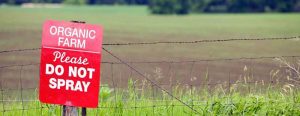


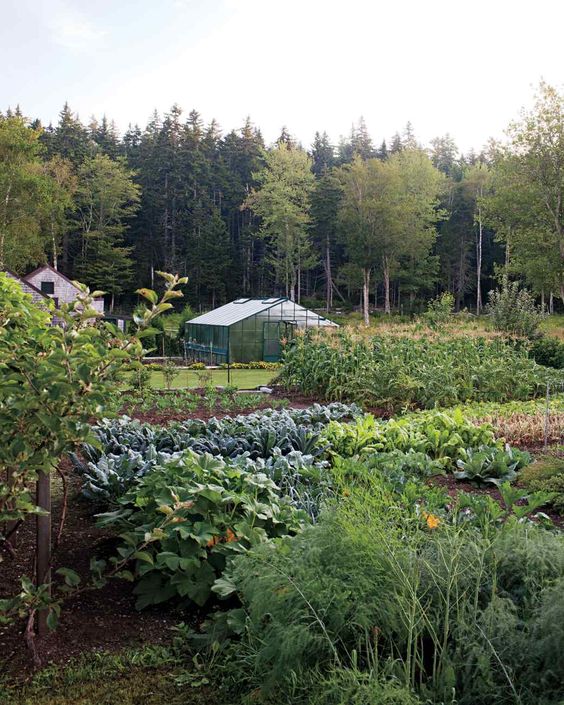

One Comment
Logan
April 22, 2017 at 11:55 amthough I agree that organic is generally better than conventionally grown/raised foods, I have different reasons why…in reality, organic farmers use a variety of chemical sprays and powders on their crops manufactured from natural sources, including substances like boron, copper sulfate, and pyrethrin similar to the synthetic versions used in modern farming. Additionally, research from Stanford University concluded there was no health or nutrition difference between conventional and organically produced food.
Conventional agricultural leads to habitat reduction for native organisms. About 40% of the planet has been converted for agricultural production- meaning nearly half of the planet is not longer habitable for natural plants and animals. It is generally more cruel for domestic animals, such as cattle, pigs, chicken, etc but not always….there ARE conventional farms that pasture raise animals, so to directly correlate the two is a bit naive.
However, the conclusions are the same. We SHOULD be making a push to shop local, buy from sustainable sources, support the little guy. If we don’t, there will be a time when 2-3 farms monopolize the entire business…leaving us a with less control over what we eat.